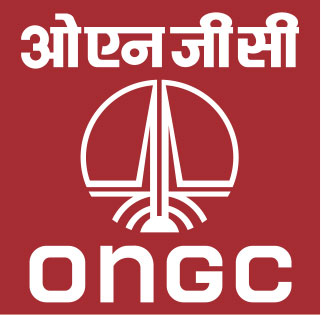Sea Survival Training
- Why is Sea Survival Training critical?
- ONGC’s Sea Survival Centre: A National, and indeed, a Global asset
- Safety is paramount and valuable
- A Training for all!
- Other important training protocols
सरकार द्वारा छोटे, मध्यम आकार के और खोजे गए क्षेत्रों को निजी संयुक्त उद्यमों को देने के द्वारा हस्ताक्षरित उत्पादन शेयरिंग कॉन्ट्रैक्ट्स के विस्तार की अनुदान के लिए नीति
The Cabinet Committee on Economic Affairs, chaired by the Prime Minister Shri Narendra Modi, has approved a policy for grant of extension to the Production Sharing Contracts for small and medium sized discovered fields. This extension policy deals with 28 fields. Of these 27 fields (small and medium sized fields) were awarded as a result of two rounds of bidding during 1991 to 1993, and one (PY-3) was separately put to bidding as discovered field. For many of these fields the recoverable reserves are not likely to be produced within the remaining duration of contract period of these PSCs. Further, in certain fields where additional recovery of hydrocarbons can be obtained only through capital intensive Enhanced Oil Recovery / Improved Oil Recovery (EOR/IOR) Projects, the payback period would extend beyond the current duration of PSC.
The Government share of Profit Petroleum during the extended period of contract shall be 10% higher for both small and medium sized fields, than the share as calculated using the normal PSC provisions in any year during the extended period and hence will vary from year to year based on Investment Multiple (IM) /Post Tax Rate of Return (PTRR). During the extended period of Contract, the royalty and cess shall be payable at prevailing rates (of nomination regime). Royalty and cess will be payable by all the contractors in proportion to their participating interest. This will lead to additional government revenue of Rs. 2890 Crores on account of additional royalty and cess as compared to present concessional regime in these blocks.
Besides these fiscal terms and conditions, the policy brings out detailed guidelines regarding pre-requisites for grant of extension, criterion for evaluation of request, time frame for consideration of request, duration of extension, seat of arbitration etc.
Production Enhancement:
The policy for PSC extension will lead to production of hydrocarbons beyond the present term of PSC. The reserves which are likely to get monetized during the extended period are of the order of 15.7 MMT of oil and 20.6 MMT of Oil Equivalent of gas. The reserves associated with this field would lead to monetization of reserves worth USD 8.25 Billion (around 53000 Crore). The monetization of these reserves would require an additional investment of USD 3 to 4 Billion.
Employment Generation Potential:
The extension of these contracts is expected to bring extra investments in the fields and would generate both direct (related to field operations) and indirect employment (related to service industry associated with these fields).
The extension of contracts would also envisage that the present employment levels in these fields are maintained for a longer period of time.
Presently, medium sized fields are employing around 300 personnel for field operations while for small sized fields this would be around 40 to 60 persons.
The investments in these fields may also lead to construction and laying of facilities which would employ several unskilled labourers, over and above the skilled labourers.
Transparency and Minimum Government and Maximum Governance:
With a view to enable the E&P companies to take investment decisions for exploitation of the remaining reserves this extension policy has been approved so as to grant extensions in a fair and transparent manner.
The policy aims at bringing out clear terms of extension so that the resources can be expeditiously exploited in the interest of energy security of the country and improving the investment climate.

